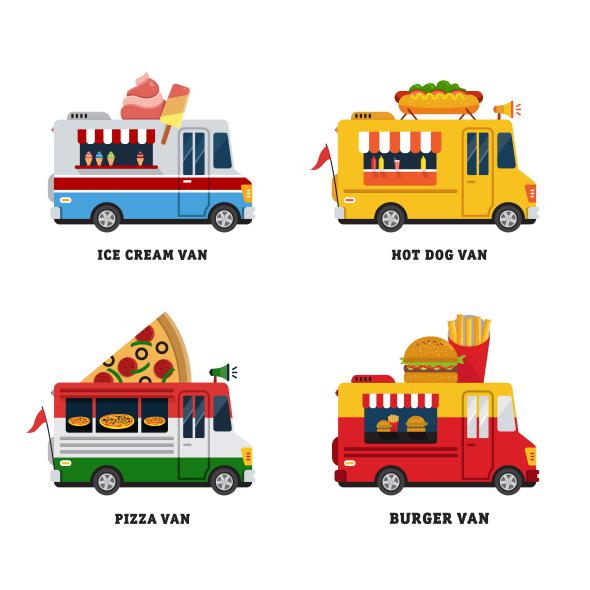From a financial standpoint, owning a restaurant is out of the question for the average certified food protection manager (CFPM). Most chefs do not have the financial backing to purchase or build a restaurant, and many banks consider restaurants a high-risk opportunity, making financing hard to come by. Is being your own boss out of reach for all but a few food service workers? Buying and operating your food truck may be feasible if you’re ready to be independent but have limited financial resources. Still, CFPMs should know that the Minnesota Food Code has specific guidelines for food truck operators, especially those looking to start a food truck venture.
CFPMs and the Food Truck Revolution
The Minnesota Department of Health set up particular rules that food truck operators must follow to keep the food they serve safe. Some regulations that create a challenge for food truck owners/ CFPMs include:
- Handwashing
- Hot food holding
- Dishwashing
Just like in a typical food production facility, handwashing stations must be present and have ample hot water, soap, and paper towels. Operating a food truck with self-contained plumbing can pose challenges in setting up handwashing stations. When acquiring or designing a food truck, it’s crucial to guarantee that the water tanks are engineered to hold enough water to last the entire day. Not all food trucks have on-site water hookups, so you cannot depend on a water source at every location you serve.
Hot food holding can also be an issue when providing food service from a mobile unit. Plan a menu that is easy to cook to order and does not require hot holding. If you plan to keep any food hot, it’s crucial to ensure that the food truck is equipped with heat lamps, chafing dishes, or a steam table to keep the food out of the danger zone.
Dishwashing Will Be A Consideration
Finally, dishwashing can be an issue. If you only have a limited water supply, you won’t want to waste it on washing plates and silverware. We strongly recommend using recyclable plates, utensils, and other items to serve your guests. As for cooking tools used during service, CFPMs will find keeping a backup of items such as tongs, spatulas, and other tools essential for operating a food truck is important.
Are you a MN Certified Food Protection Manager looking to branch out by purchasing your food truck? Leave us a comment or a question below, and we’ll anonymously address any other concerns you may have in a future blog.

